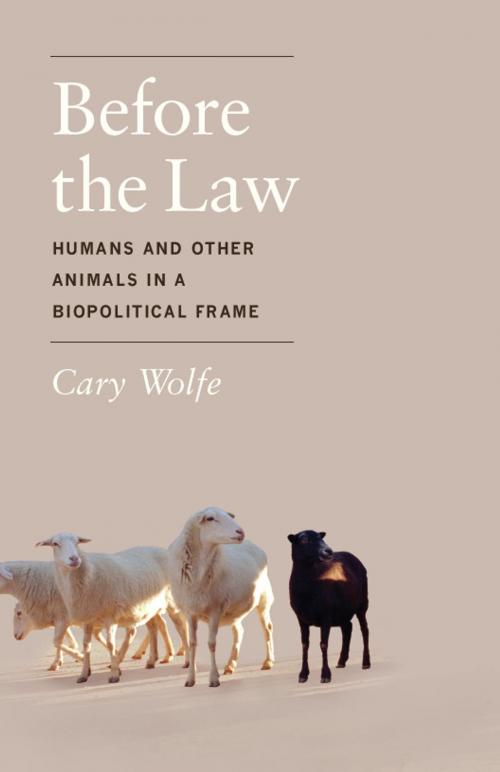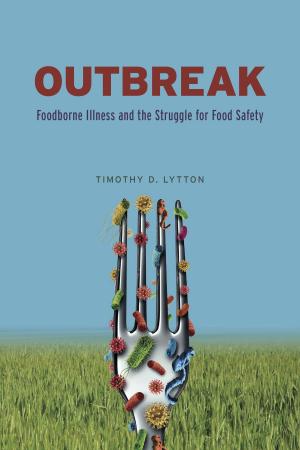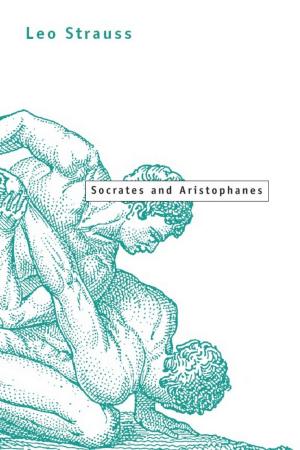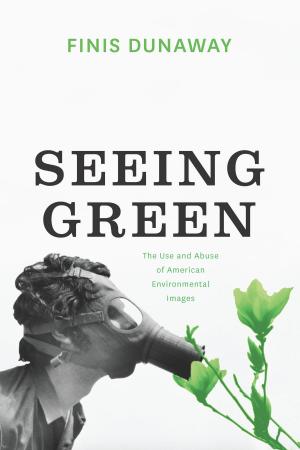Before the Law
Humans and Other Animals in a Biopolitical Frame
Nonfiction, Science & Nature, Nature, Animals, Animals Rights, Religion & Spirituality, Philosophy, Political, Fiction & Literature, Literary Theory & Criticism| Author: | Cary Wolfe | ISBN: | 9780226922423 |
| Publisher: | University of Chicago Press | Publication: | December 10, 2012 |
| Imprint: | University of Chicago Press | Language: | English |
| Author: | Cary Wolfe |
| ISBN: | 9780226922423 |
| Publisher: | University of Chicago Press |
| Publication: | December 10, 2012 |
| Imprint: | University of Chicago Press |
| Language: | English |
Animal studies and biopolitics are two of the most dynamic areas of interdisciplinary scholarship, but until now, they have had little to say to each other. Bringing these two emergent areas of thought into direct conversation in Before the Law, Cary Wolfe fosters a new discussion about the status of nonhuman animals and the shared plight of humans and animals under biopolitics.
Wolfe argues that the human-animal distinction must be supplemented with the central distinction of biopolitics: the difference between those animals that are members of a community and those that are deemed killable but not murderable. From this understanding, we can begin to make sense of the fact that this distinction prevails within both the human and animal domains and address such difficult issues as why we afford some animals unprecedented levels of care and recognition while subjecting others to unparalleled forms of brutality and exploitation. Engaging with many major figures in biopolitical thought—from Heidegger, Arendt, and Foucault to Agamben, Esposito, and Derrida—Wolfe explores how biopolitics can help us understand both the ethical and political dimensions of the current questions surrounding the rights of animals.
Animal studies and biopolitics are two of the most dynamic areas of interdisciplinary scholarship, but until now, they have had little to say to each other. Bringing these two emergent areas of thought into direct conversation in Before the Law, Cary Wolfe fosters a new discussion about the status of nonhuman animals and the shared plight of humans and animals under biopolitics.
Wolfe argues that the human-animal distinction must be supplemented with the central distinction of biopolitics: the difference between those animals that are members of a community and those that are deemed killable but not murderable. From this understanding, we can begin to make sense of the fact that this distinction prevails within both the human and animal domains and address such difficult issues as why we afford some animals unprecedented levels of care and recognition while subjecting others to unparalleled forms of brutality and exploitation. Engaging with many major figures in biopolitical thought—from Heidegger, Arendt, and Foucault to Agamben, Esposito, and Derrida—Wolfe explores how biopolitics can help us understand both the ethical and political dimensions of the current questions surrounding the rights of animals.















